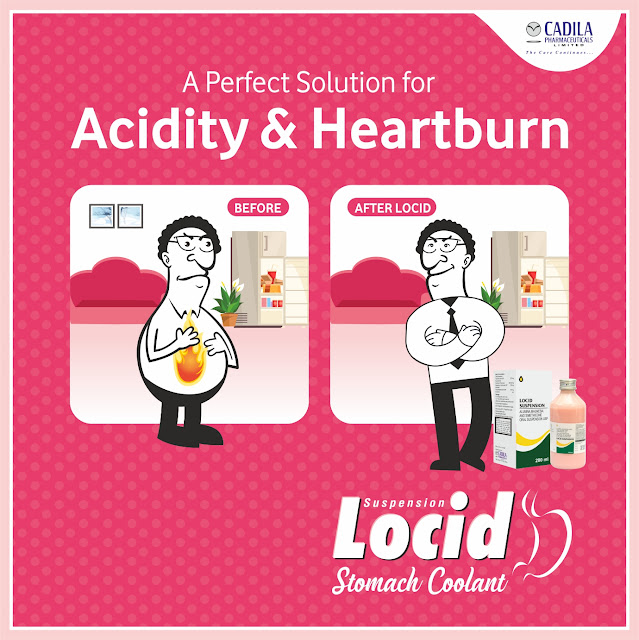What can cause high stomach acid?
Acidity solutions
there are
several conditions that can lead to high stomach acid. Often, these conditions
lead to an overproduction of the hormone gastrin. Gastrin is a hormone that
tells your stomach to produce more stomach acid.
Some of the most common causes include:
- Rebound acid hyper secretion: H2 blockers are a
type of medication that can decrease stomach acid What is GERD. Sometimes, people coming
off this medication can have an increase in stomach acid. There’s evidence
that this can also happen after coming off of proton pump inhibitors
(PPIs), although this is Locid What relieves
heart burn.
- Zollinger-Ellison syndrome: With this rare
condition, tumors called gastrinomas form in your pancreas and
small intestine. Gastrinomas produce high levels of gastrin, which causes
increased stomach acid Gastric acidity.
- Helicobacter pylori infection: H. pylori is
a type of bacteria that can colonize the stomach and cause ulcers.
Some people with an H. pylori infection may also have
high stomach acid.
- Gastric outlet obstruction: When the path leading
from the stomach to the small intestine is blocked, it can result in
increased stomach acid.
- Chronic kidney failure: In some rare cases,
people with kidney failure or those
undergoing dialysis may produce high levels of gastrin, leading
to increased production of stomach acid.
It’s also important to note that sometimes a
specific cause of high stomach acid can’t be identified. When the cause of a
condition cannot be determined, it’s referred to as idiopathic.
Some signs that you may have high stomach acid include:
- abdominal discomfort, which may be worse on an empty stomach
- nausea or vomiting
- bloating
- heartburn
- diarrhea
- decreased appetite
- unexplained weight loss
The symptoms of high stomach acid are very similar
to those of other digestive conditions.
It’s always a good idea to see your doctor if you
develop persistent or recurring digestive symptoms. Your doctor can work with
you to help diagnose the cause of your symptoms and create a treatment plan.
Having high levels of stomach acid can increase
your risk of developing other stomach-related health conditions. These include:
- Peptic ulcers: Peptic ulcers are
sores that can develop when gastric acid begins to eat away at the lining
of your stomach.
- Gastroesophageal reflux
disease (GERD): GERD is
a condition in which stomach acid backs up into your esophagus.
- Gastrointestinal bleeding: This
involves bleeding anywhere in your digestive tract.
Some of the potential risk factors for developing
high levels of stomach acid include:
- Medications: If you take medication
to lower stomach acid production and then come off of treatment, you may
develop rebound high stomach acid. However, this typically resolves on its
own over time.
- H. pylori infection: Having an active H.
pylori bacterial infection in your stomach may lead to an
increase in stomach acid.
- Genetics: People with
gastrinomas tumors that form in the pancreas or duodenum have an inherited
genetic condition called multiple endocrine neoplasia.
What are
the treatment options?
High stomach acid is often treated with protein
pump inhibitors (PPIs). These medications work to lower stomach acid
production.
If your high stomach acid is caused by an H.
pylori infection, you’ll be prescribed antibiotics along
with a PPI. The antibiotics work to kill the bacteria while the PPI will help
lower stomach acid production.
Sometimes surgery may be recommended, such as
removal of gastrinomas in people with Zollinger-Ellison syndrome. Additionally,
people who have severe ulcers may need to have surgery to remove part of the stomach
(gastrectomy) or vagus nerve (vagotomy).
If heartburn is one of your symptoms, you can make dietary changes to help reduce your symptoms:
- eating smaller and more frequent meal
- following a low-carb diet
- limiting your intake of alcohol, caffeine, and carbonated beverages
- avoiding foods that make heartburn worse

.jpg)
.jpg)

Comments
Post a Comment